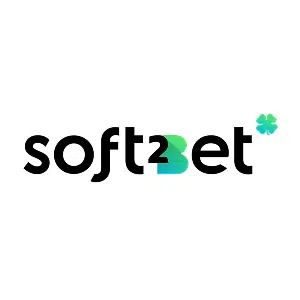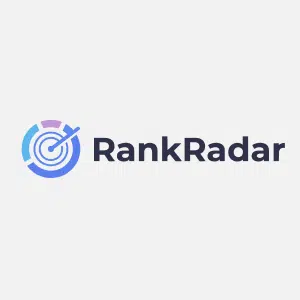The Swedish Gambling Authority has introduced an updated risk assessment for money laundering within Sweden’s gambling sector.
This new assessment replaces previous versions and provides revised evaluations of how gambling licensees might be misused for money laundering – referred to as “threats” – to better reflect the current landscape. It also updates the vulnerabilities associated with different types of gambling, identifying factors that may influence the likelihood of such threats.
Additionally, the methodology used to assess these risks has been aligned with both the national risk assessment created by Sweden’s Coordination Function for Anti-Money Laundering and Terrorist Financing, and the European Commission’s supranational risk assessment.
Previously, land-based commercial casinos were considered to pose a low risk for money laundering, and as such, were exempt from certain anti-money laundering rules and parts of the Gambling Act. However, the revised assessment no longer considers this risk to be low. As a result, the Authority has begun reviewing these exemptions, including those related to player and agent registration. A public consultation will be held to allow stakeholders to provide feedback on the proposed regulatory changes.

















